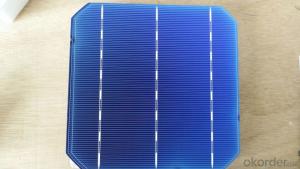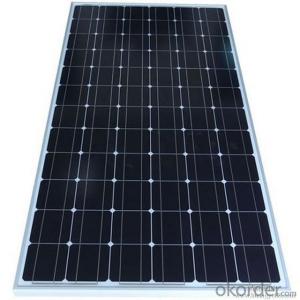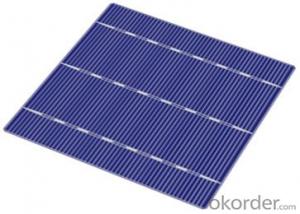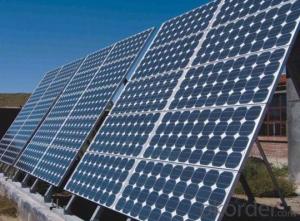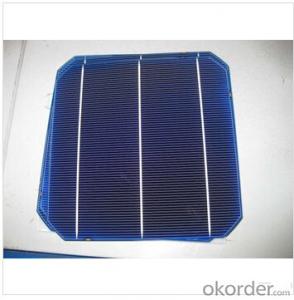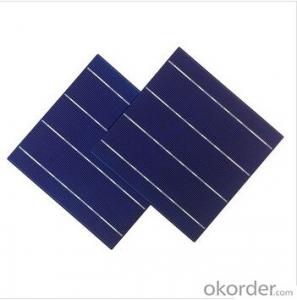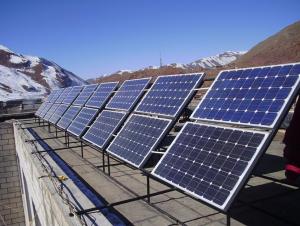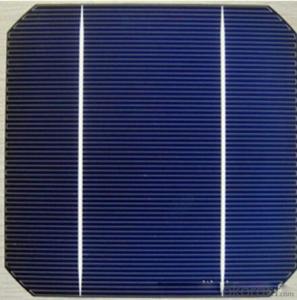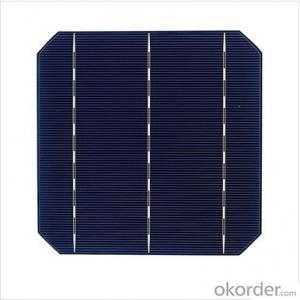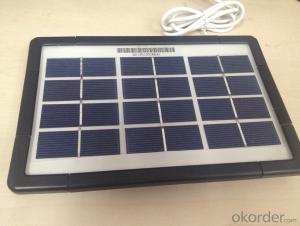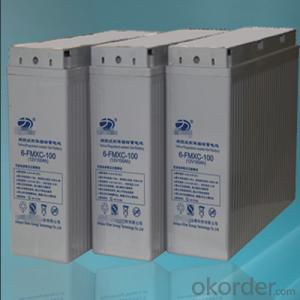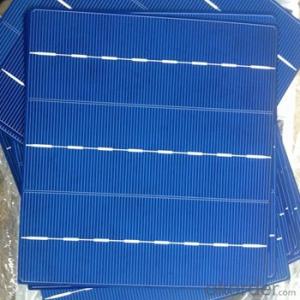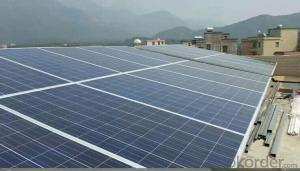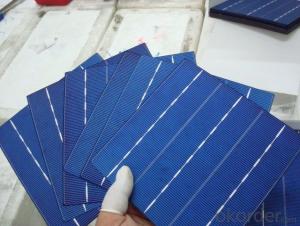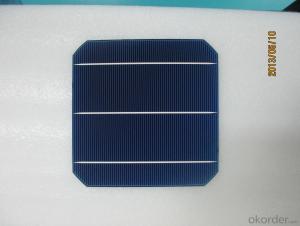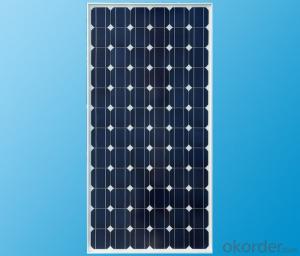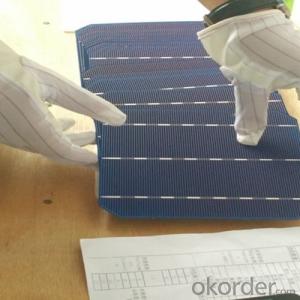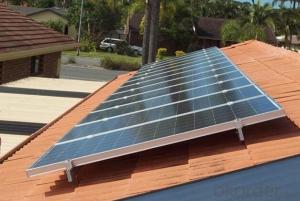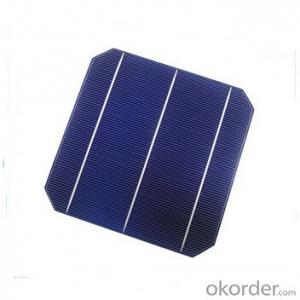All Categories
- - Steel Wire Rod
- - Steel Coils
- - Steel Profiles
- - Steel Pipes
- - Stainless Steel
- - Tinplate
- - Special Steel
- - Steel Sheets
- - Steel Rebars
- - Steel Strips
- - Hot Rolled Steel
- - Cold Rolled Steel
- - Pre-painted Steel
- - Seamless Steel Pipe
- - Welded Steel Pipe
- - Hollow Steel Tubes
- - Galvanized Pipe
- - Stainless Steel Coil
- - Stainless Steel Sheet
- - Stainless Steel Plate
- - Stainless Steel Strips
- - Electrolytic Tinplate Coil
- - Electrolytic Tinplate Sheet
- - Stainless Steel Rebars
- - Solar Panels
- - Solar Water Heater
- - Solar Related Products
- - Solar Inverter
- - Solar Cells
- - Solar Light
- - Solar Energy Systems
- - Solar Controllers
- - Solar Mounting System
- - Solar Pump
- - Solar Chargers
- - Fiberglass Chopped Strand
- - Fiberglass Mesh Cloth
- - Composite Pipes
- - FRP Pultrusion Profiles
- - Fiberglass Mat Tissue
- - Fiberglass Fabrics
- - Fiberglass Mesh
- - Composite Tank
- - Fiberglass Mesh tape
- - Polymer
- - FRP Roofing Panel
- - Fiberglass Roving
- - Monolithic Refractories
- - Ceramic Fiber Products
- - Refractory Bricks
- - Raw Materials For Refractory
- - Suspended Platform
- - Cranes
- - Concrete Machinery
- - Earthmoving Machinery
- - Building Hoist
- - Road Building Machinery
- - Plastic Pipe Fittings
- - Plastic Tubes
- - Plastic Sheets
- - Agricultural Plastic Products
- - Plastic Nets
 All Categories
All Categories
Q & A
What is the lifespan of solar cells on satellites?
The lifespan of solar cells on satellites can vary, but on average, they are designed to last around 15-20 years in space.
Can solar cells be used in disaster relief efforts?
Yes, solar cells can be used in disaster relief efforts. They are portable, easy to deploy, and can provide a reliable source of electricity in areas where the power grid has been damaged or completely destroyed. Solar cells can be used to charge essential devices such as phones, radios, and medical equipment, helping with communication and emergency response efforts. They can also power temporary shelters, water purification systems, and lighting, improving living conditions and ensuring access to basic necessities in disaster-stricken areas. Additionally, solar cells are renewable and environmentally friendly, making them a sustainable solution for long-term recovery and rebuilding efforts.
What is the role of maximum power point tracking in solar cell systems?
The role of maximum power point tracking (MPPT) in solar cell systems is to ensure that the solar panels operate at their highest possible power output. MPPT algorithms continuously monitor and adjust the operating voltage and current of the solar panels to maintain them at the maximum power point (MPP) where the conversion efficiency is optimal. By tracking the MPP, MPPT enables solar cell systems to maximize their energy harvest from the sun, improving overall system performance and efficiency.
How do solar cells impact job creation?
Solar cells impact job creation in several ways. First, the manufacturing and installation of solar panels requires a skilled workforce, creating job opportunities in the renewable energy sector. Additionally, as the demand for solar energy continues to grow, more jobs will be created in research and development, sales and marketing, and maintenance and repair of solar systems. Furthermore, the shift towards solar power stimulates the growth of related industries, such as battery storage and electric vehicles, resulting in even more job opportunities. Overall, solar cells contribute significantly to job creation, fostering economic growth and employment in the clean energy sector.
Wholesale Solar Cells from supplier in Niger
We are a Solar Cells supplier serving the Niger, mainly engaged in the sale, quotation, and technical support services of various Solar Cells products in the Niger region. We are a subsidiary platform of the Fortune Global 500 company CNBM, able to provide you with one-stop Solar Cells procurement services in the Niger. Not only do we have a wide range of Solar Cells products, but after years of market development in the Niger, we can also provide valuable experience for your projects.

